 Whether your family friendly holiday letting property will be welcoming babies, toddlers, or older children this year, one thing every family will appreciate is the cottage owner that goes that extra mile to make their stay a home away from home.
Whether your family friendly holiday letting property will be welcoming babies, toddlers, or older children this year, one thing every family will appreciate is the cottage owner that goes that extra mile to make their stay a home away from home.
Achieving this in reality will be a process of finding a balance between fun and practical; you’ll need to think of things that might not make it into that packed car. Make life easier for them on arrival, whilst also providing them with some entertainment facilities in order to keep minds and bodies active.
Here are a few easy wins for your guests, and your property when it comes to welcoming young families…
Keep the wet shoes, umbrella and swimwear elsewhere
Kids love to run around and get mucky, and if you don’t provide an area for muddy or wet shoes you’ll probably find yourself scrubbing the carpet stains next week! The same goes for water stains from swimming costumes that have been draped over wooden chairs, or a nice puddle from a wet umbrella.
When it comes to the great British summer having an area for all of these items is essential, so if your holiday home already has one ensure that your guests know to use it, and where to hang those soggy swimming costumes. If you haven’t got an area like this, where could you create one in order to make it convenient for your guests, and less wearing on your cottage?
Make it safe and sturdy
When it comes to furnishing your holiday home ensure that all items are sturdy, robust and safe. If you’re welcoming children then glass, whether in a coffee table or a balustrade mightn’t be a good mix, so always think about your target market before adding items such as these.
Aside from furniture, you should be thinking about other things in the cottage that could pose a threat. Uncovered sockets, wires, and even cleaning products should all be looked at and put out of reach where possible. Vases and similar items should also be moved accordingly.
Garden security, and safety
Have large outdoor spaces for children to play in? Your holiday home might well be a big hit with young families! The only thing you’ll need to be mindful of is access and security; does your garden back onto a road? Is it enclosed or is it going to be easy for children to wonder off? Having child proof locks on gates and exits from the garden are a must to create a secure and safe environment. If you haven’t already, consider installing these.
You may also have outdoor play equipment for your younger guests; these create a little something extra for those staying in the cottage. Make sure you’re familiar with what you’ll need to be considering when installing and maintaining this equipment by visiting our post here:
Entertain them
Whilst us brits are eternal optimists when it comes to the weather, sometimes the realist in us has to take over. Accept that on occasion, we are going to have to tolerate the odd rainy day. On such a day, your visiting family may choose to stay indoors and that is when entertainment becomes vital. Board games, books, and maybe some DVDs can turn a dull day into one filled with family fun. You can read more suggestions of rainy day entertainment here:
Practical items
Taking young children on holiday can be stressful; there’ll be plenty to remember for the family headed to your cottage. Sometimes things will be forgotten, or simply not fit in the car. Make their trip a little less chaotic by providing high chairs, cots, or a smaller toilet seat for little ones?
This extra care will really be appreciated by the adults, and they’ll remember it long after their stay! This could easily result in recommendations to their friends or a return visit, which is great for your bookings.
Boshers offer specialist holiday home insurance to owners across the UK. Require a quote for your holiday apartment, cottage or complex? Please give us a call on 01237 429444.


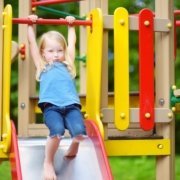
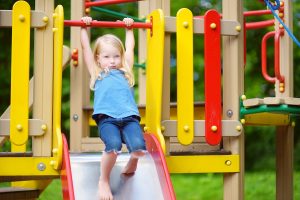 With spring and summer ahead, it will be natural for
With spring and summer ahead, it will be natural for 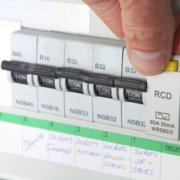
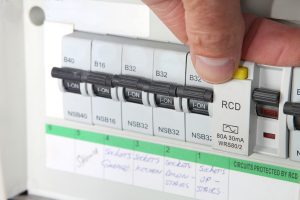 There are some items in modern life we just couldn’t do without, whether in the home or whilst on holiday; kettles, coffee machines, toasters, microwaves, TV’s, Hi-Fi’s and mobile devices. These all play a central part of our days, as they will be for those visiting your
There are some items in modern life we just couldn’t do without, whether in the home or whilst on holiday; kettles, coffee machines, toasters, microwaves, TV’s, Hi-Fi’s and mobile devices. These all play a central part of our days, as they will be for those visiting your 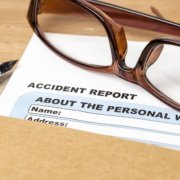
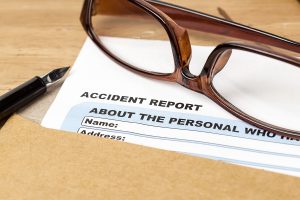 Accidents happen, and whilst
Accidents happen, and whilst 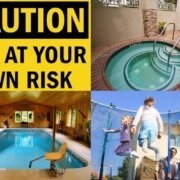
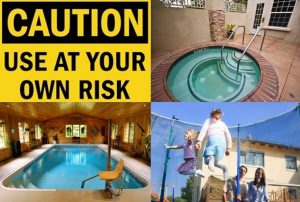 We’ve all seen them in everyday life; ‘Park here at your own risk’, ‘Playing in this area is at your own risk’. Disclaimer notices have become an increasingly common sight for most of us. Therefore it may surprise you to find that they don’t absolve the owner from blame should something go wrong. This is equally true for your
We’ve all seen them in everyday life; ‘Park here at your own risk’, ‘Playing in this area is at your own risk’. Disclaimer notices have become an increasingly common sight for most of us. Therefore it may surprise you to find that they don’t absolve the owner from blame should something go wrong. This is equally true for your 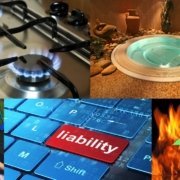
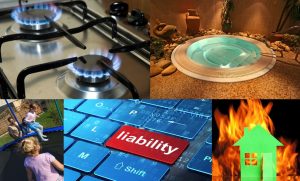 When adding additional facilites to your holiday home consideration should be given to guest safety and holiday homeowner liability risks. Tourism is an increasingly competitive marketplace; what makes someone choose your
When adding additional facilites to your holiday home consideration should be given to guest safety and holiday homeowner liability risks. Tourism is an increasingly competitive marketplace; what makes someone choose your 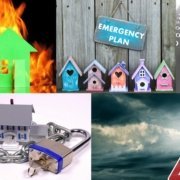
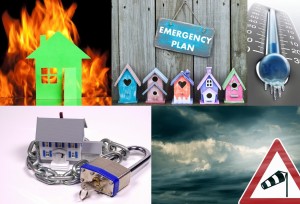 Emergency Planning – what would you do if something went wrong? We set out some handy tips for preparing a holiday let emergency plan.
Emergency Planning – what would you do if something went wrong? We set out some handy tips for preparing a holiday let emergency plan.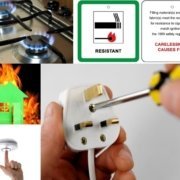
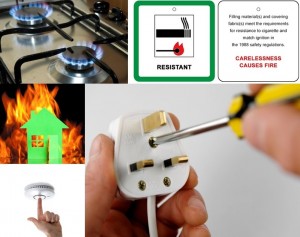 As a holiday homeowner there will be plenty for you to think about; how are bookings looking? Which letting agent do you use? Is the cottage in need of repairs and when does the next tax return need to be submitted by?
As a holiday homeowner there will be plenty for you to think about; how are bookings looking? Which letting agent do you use? Is the cottage in need of repairs and when does the next tax return need to be submitted by?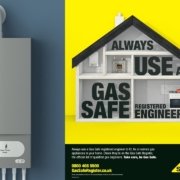
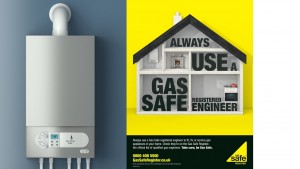 Many will by now be familiar with the names Christi and Bobby Shepherd, who aged just seven and six, tragically lost their lives as a result of carbon monoxide poisoning whilst on a four star family holiday at a Thomas Cook run hotel. The details behind this case have driven home the importance of taking all the necessary measures to reduce the risk of carbon monoxide poisoning for holiday homeowners and accommodation providers both in the UK and abroad.
Many will by now be familiar with the names Christi and Bobby Shepherd, who aged just seven and six, tragically lost their lives as a result of carbon monoxide poisoning whilst on a four star family holiday at a Thomas Cook run hotel. The details behind this case have driven home the importance of taking all the necessary measures to reduce the risk of carbon monoxide poisoning for holiday homeowners and accommodation providers both in the UK and abroad.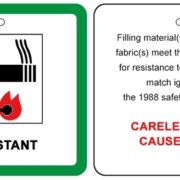
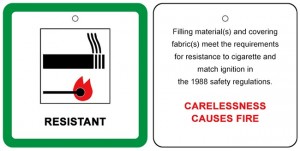 The consequences of a fire in your holiday home can be catastrophic and in some cases fatal; in the last year there were 322 fire related deaths across Great Britain, and whilst this figure is significantly down on the 1988 high of 731, there are on average 39,600 reported dwelling fires every 12 months.
The consequences of a fire in your holiday home can be catastrophic and in some cases fatal; in the last year there were 322 fire related deaths across Great Britain, and whilst this figure is significantly down on the 1988 high of 731, there are on average 39,600 reported dwelling fires every 12 months.